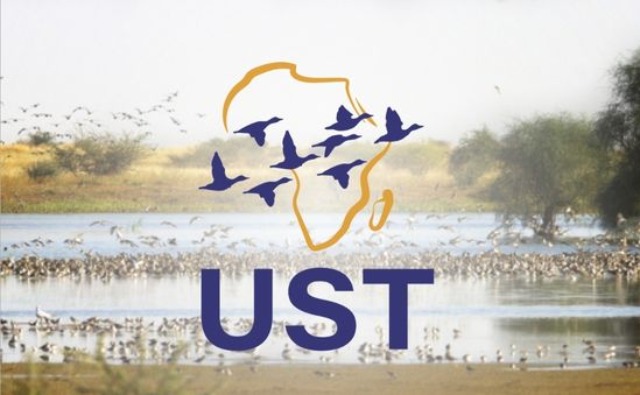Press release
Arles, 04/27/2020
Is mosquito control compatible with biodiversity conservation?
A look at 10 years of studies in Europe
Tour du Valat, a research institute for the conservation of Mediterranean wetlands, was a pioneer for demonstrating environmental impacts of the bacterial insecticide Bacillus thuringiensis subsp. israelensis (Bti). Its studies, launched in 2006 within the framework of an experimental mosquito control program in the Camargue, under the auspice of the Bouches du Rhône department, are today at the origin of an increasing concern about the negative effects of Bti. Bti is widely used to reduce mosquito nuisance in Europe and other parts of the world, and although it is the most selective and least toxic agent currently available to control mosquito larvae, many Europeans researchers consider that its environmental impact should be reevaluated by independent research institutions.
The scientific paper « Environmental and socioeconomic effects of mosquito control in Europe using the biocide Bacillus thuringiensis subsp. Israelensis (Bti) », recently published in Science of Total Environment authored by an international team of scientists comprising ecologists, ecotoxicologists, microbiologists and economists from four European institutions (including the Tour du Valat) constitutes the most recent and complete evaluation of the peer-reviewed literature on Bti impacts to date. We learned that the risk of resistance of mosquitoes to Bti is relatively limited, despite the persistence of Bti spores and toxins in the environment. The reported effects on non-target organisms challenge the claimed environmental safety of Bti. By reducing mosquitoes and non-target midges that represent central food sources for many animal species such as dragonflies, amphibians, and birds, Bti has an impact on wetland biodiversity.
These findings are clearly presented in a television report broadcasted by CBC/Radio-Canada within the frame of the weekly program La Semaine Verte aired on 18 April 2020. Shot in Canada, France and Germany, this report offers a complete coverage of Bti use from marketing and spraying methods to modus operandi and persistence in the environment, as well as direct and indirect effects on the non-target fauna.
The seminal studies of Tour du Valat highlighting the effects of Bti on the food web (size of house martin broods are reduced by a third due to chick starvation) are the starting point for this synthesis, then the report shows that Bti can directly affect amphibian growth and fitness. These results, found by the research team of Carsten Brühl from the University of Koblenz-Landau in Germany, are remarkable because it was believed that only insects closely related to mosquitoes could be physiologically affected by Bti. These impacts emphasize those deriving from the shortage of mosquitoes and non-biting midges as essential food sources.
At a time when we are in the middle of the sixth global biodiversity extinction crisis, which is particularly affecting insects, it is important to put into question the widespread use of Bti. This is all the more important when mosquito control is not motivated by public health issues and occurs in natural areas rich in biodiversity.
SCIENTIFIC PAPER
“Environmental and socioeconomic effects of mosquito control in Europe using the biocide Bacillus thuringiensis subsp. israelensis (Bti)” was published online in open access in Science of the Total Environment on 2 April 2020 https://doi.org/10.1016/j.scitotenv.2020.137800
The paper is authored by: Carsten A. Brühl (University of Koblenz-Landau), Laurence Després (University of Grenoble Alpes), Oliver Frör (University of Koblenz-Landau), Chandrashekhar D. Patil (University of Perpignan), Brigitte Poulin (Tour du Valat research institute), Guillaume Tetreau (University of Grenoble Alpes), Stefanie Allgeier (University of Koblenz-Landau).
TV REPORT
Documentary « Bti, a harmless larvicide? » from the television program La Semaine Verte (the green week) aired on 04/18/20 and produced by the Canadian Broadcasting Corporation.
Link to access the replay: https://ici.radio-canada.ca/tele/la-semaine-verte/site/episodes/461286/bti-larvicide-insecticide
Or on youtube: https://www.youtube.com/watch?v=W4lK8ZARetU&t=49s
CBC/Radio-Canada, by Maxime Poiré (journalist) and Pier Gagné (director).
CONTACT
Brigitte Poulin, Head of Ecosystem Department, Tour du Valat
Phone : +33 (0)6 88 29 87 56
E-mail : [email protected]




